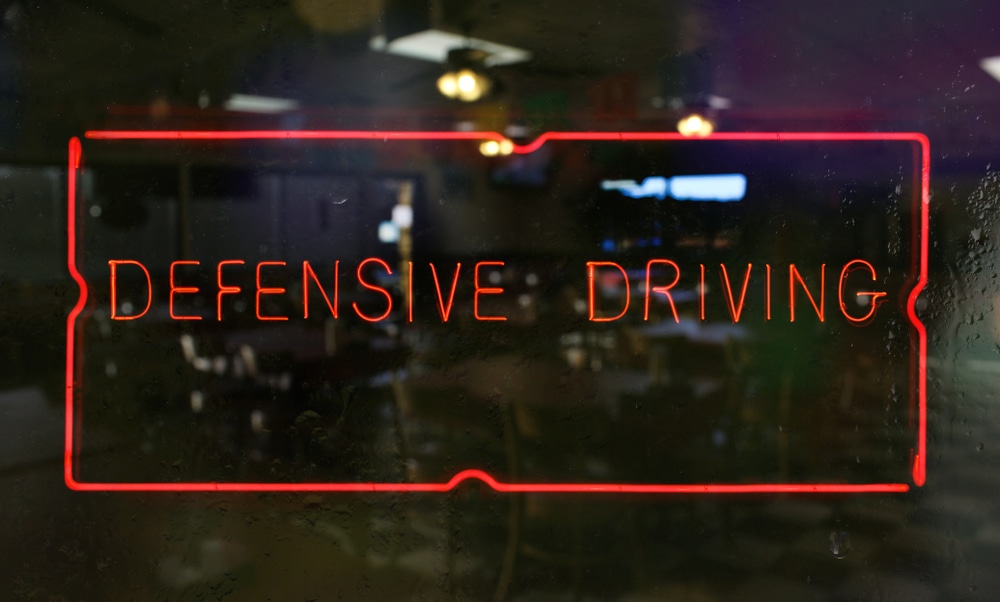There’s no way around it: driving can be dangerous. Fortunately, you can reduce your risk of injury on the road by learning a few critical defensive driving tactics. While these tips won’t prevent 100% of accidents, 100% of the time. They can help you stay safer, even and especially when the people around you are driving dangerously.
Here’s what you need to know:
What is Defensive Driving?
Defensive driving is a set of skills that make it possible for you to defend yourself against potential accidents caused by other drivers, drunk drivers, and even bad weather. Defensive driving requires you to pay close attention to your surroundings, keeping your eyes moving and spotting potential hazards more quickly. It also makes it possible to act immediately when you identify a hazard.
5 Most Common Driving Errors to Avoid
Part of good defensive driving is learning to avoid common driving mistakes. No matter how careful you are on the road, we’re all guilty of making the following errors:
-
Staying in the Passing Lane too Long
While slow traffic is supposed to keep to the right, slow drivers sometimes hop into the left lane and stay there. This creates a situation where drivers have to pass on the right, impeding traffic flow and causing undue frustration with other drivers.
-
Not Signaling When You Turn
Many times you’ll see drivers suddenly slow down and then they turn, causing you to slam on your brakes. Always remember to signal when you’re about to turn, it lets the drivers around you know your intentions and that they need to slow down. Many accidents are caused by drivers not signaling correctly or even by forgetting to turn their signal off once they have turned.
-
Driving Too Fast on Wet Roads
When it rains after an extended dry period, oil can build up on the roads putting you at risk of hydroplaning. It’s recommended to slow down and be careful during wet weather understanding there’s a higher risk of slippery roads and lower visibility. Even good tires aren’t enough to prevent hydroplaning entirely.
-
Not Using Headlights During the Day
You only need headlights at night, right? Wrong. Using your lights during inclement weather and dust and dawn hours improves visibility and helps other drivers, cyclists, and pedestrians spot you. And just so you’re aware; having your headlights on when it’s raining is required in Florida.
-
Letting Your Tire Pressure get too Low
Even if you have an indicator light set up on your car, you should check your tire pressure regularly. Tires that get too low in pressure are at risk of blowouts. They will also make your vehicle harder to control. Additionally, keeping your car’s tire pressure optimal will improve your gas mileage.
Drive Safer This Year with Defensive Driving Habits
While you can’t prevent all accidents, you can lower your risk of injury by adopting these defensive driving habits. If you’ve been injured in an accident and are seeking legal advice or representation, contact Ward & Barnes today.

